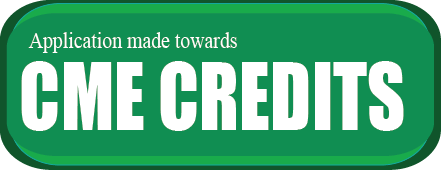
Debra A Simons
The College of New Rochelle, USA
Title: Using peer pressure and peer review to improve scholarly writing skills: Implications for nursing education
Biography
Biography: Debra A Simons
Abstract
All students in higher education have to know how to produce scholarly written manuscripts. Students initially do not possess excellent writing skills and may lack confidence. Bandura’s (1986) model of triadic reciprocality suggests that self-efficacy is a personal factor that may be affected by one’s own behavior and environment. Excellent learning communities foster critical thinking and creativity. Building a learning community that fosters critical thinking and creativity requires thinking outside of the box and involves alternative learning strategies to promote self-efficacy and improve writing skills. Some students struggle with technical writing skills. While some students struggle with motivation, creativity and time management related to hectic academic schedules. Building learning communities that involve some form of peer pressure and support may provide assistance with technical skills, motivation, creativity, critical thinking and time management which can help improve student writing skills and increase self-efficacy. Strategies such as peer review have been found to provoke reflection as well as broaden student thinking and understanding when they compare their own writing to their peers. This type of peer pressure may motivate students to modify their strategies in writing, or reject their peers’ revisions.

